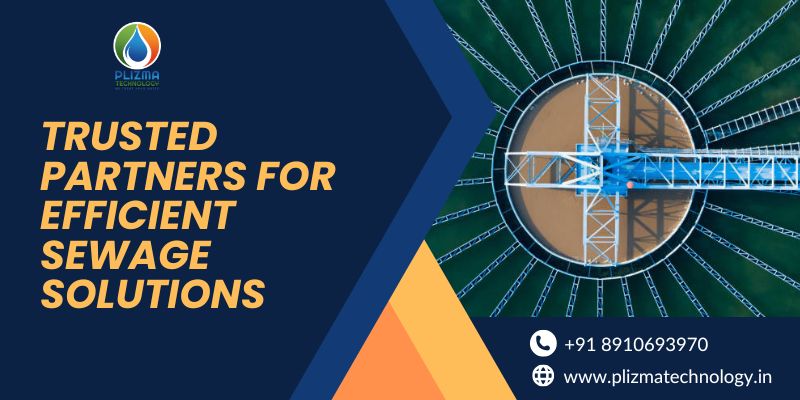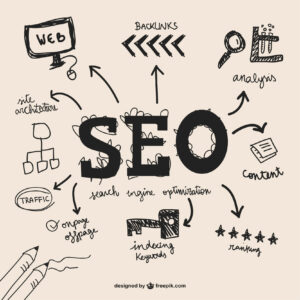Clean water is no longer a luxury-it’s a necessity. With industries, housing complexes, and municipalities facing mounting environmental challenges, the role of a reliable best sewage treatment plant manufacturers becomes vital. Choosing the right supplier doesn’t just impact compliance; it directly shapes sustainability, community health, and long-term operational efficiency.
Why Sewage Treatment Plants Are More Crucial Than Ever
Wastewater management is often taken for granted until issues like foul odor, contamination, or penalties surface. A sewage treatment plant (STP) works silently in the background, filtering pollutants, breaking down organic matter, and releasing cleaner water back into the environment. According to the U.S. Environmental Protection Agency, wastewater treatment prevents over 60% of pollution-related illnesses by ensuring safer water reuse (EPA).
What Makes a Reliable Supplier Stand Out?
Not all STP suppliers are equal. Some provide machines; others deliver holistic solutions that integrate technology, sustainability, and after-sales service. Here’s what separates the dependable ones from the rest:
- Technical expertise: Suppliers with strong engineering teams ensure plants are designed to suit specific industry needs.
- Custom solutions: From hospitals to residential complexes, every facility has unique wastewater challenges requiring tailored systems.
- Compliance assurance: Plants aligned with local environmental regulations protect businesses from hefty fines and reputational damage.
- After-sales support: Reliable suppliers offer maintenance, upgrades, and training to ensure the system performs well for years.
Types of Sewage Treatment Plants You’ll Encounter
The technology behind sewage treatment has evolved remarkably. Here are a few common options you may come across:
- Activated Sludge Process (ASP): Popular in urban and industrial sectors, known for efficiency in breaking down organic matter.
- Moving Bed Biofilm Reactor (MBBR): A compact, energy-efficient option for facilities with space constraints.
- Membrane Bioreactor (MBR): Advanced filtration technology delivering high-quality treated water, suitable for reuse in cooling or irrigation.
Each technology has strengths and trade-offs, so an informed supplier will guide clients toward the right fit instead of pushing a one-size-fits-all solution.
How to Choose the Right Sewage Treatment Plant Supplier
Here are some practical tips for selecting a partner that won’t let you down:
- Check their track record: Case studies, client reviews, or certifications give you insight into their reliability.
- Evaluate scalability: Choose suppliers that can handle future expansion as your facility grows.
- Look at innovation: Suppliers who invest in R&D tend to offer more sustainable, cost-effective solutions.
The Bigger Picture: Environmental Responsibility
Beyond compliance and convenience, STPs play a critical role in conserving freshwater. With groundwater levels dropping globally and cities struggling with shortages, every drop of treated wastewater reused counts. Partnering with a forward-looking supplier is as much about doing the right thing for the planet as it is about business efficiency.
FAQs on Sewage Treatment Plant Suppliers
1. Why do I need a sewage treatment plant for my business?
An STP ensures your wastewater is treated before release, helping you comply with laws, avoid penalties, and contribute to environmental protection.
2. How do I know if a supplier is reliable?
Look for industry experience, customer testimonials, certifications, and the availability of after-sales support before making a decision.
3. Are modern STPs energy-efficient?
Yes. Advanced technologies like MBBR and MBR are designed to reduce power consumption while improving treatment quality.
4. Can treated wastewater really be reused?
Absolutely. Treated water can be reused for landscaping, flushing, or even industrial processes, reducing demand on freshwater resources.
Final Thoughts
Choosing the right sewage treatment plant supplier is about more than equipment-it’s about securing a partner for sustainability. By working with experts who offer innovative, compliant, and eco-friendly solutions, industries and communities alike can step closer to a cleaner future. The right supplier turns wastewater challenges into opportunities for conservation.




